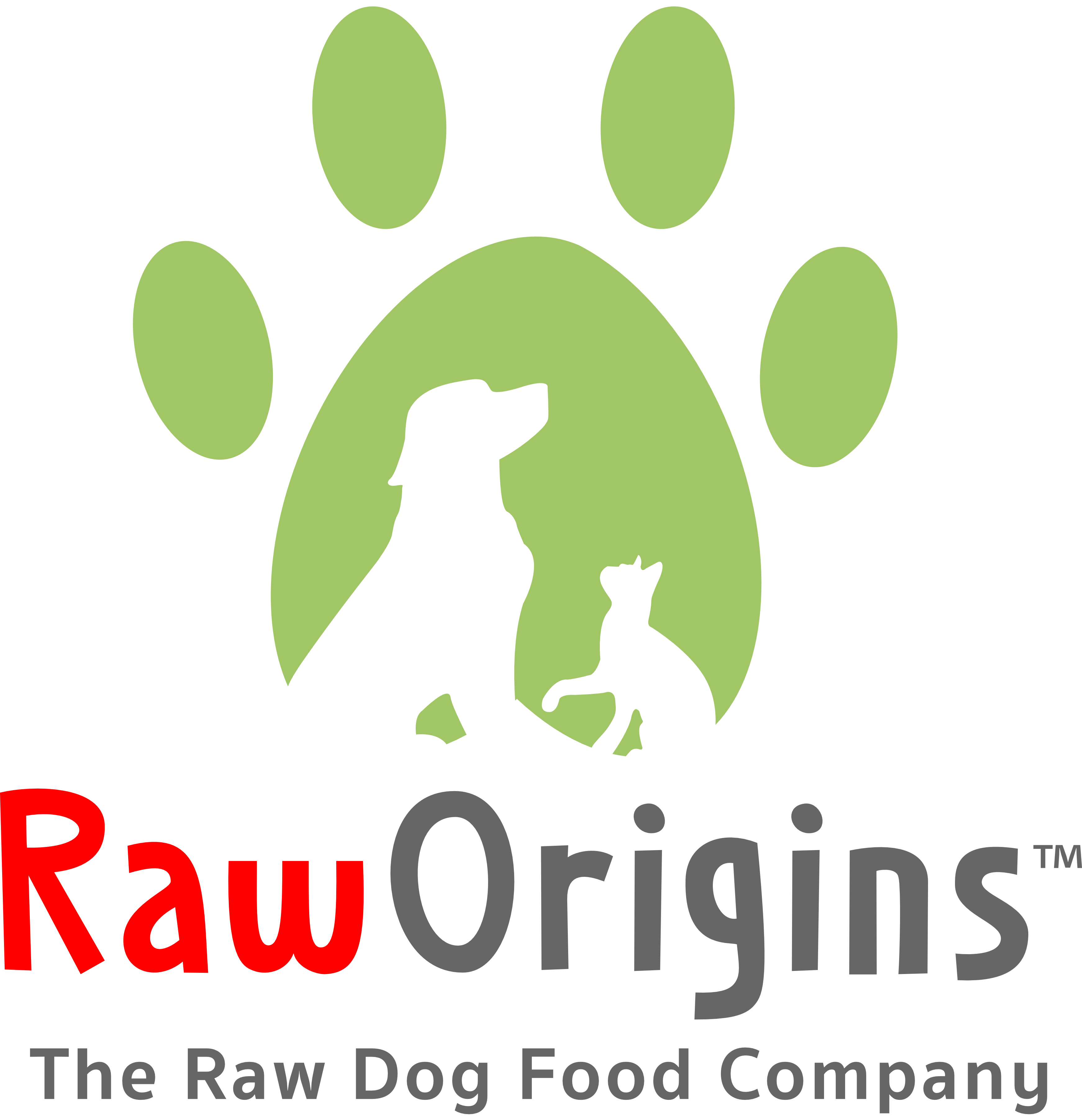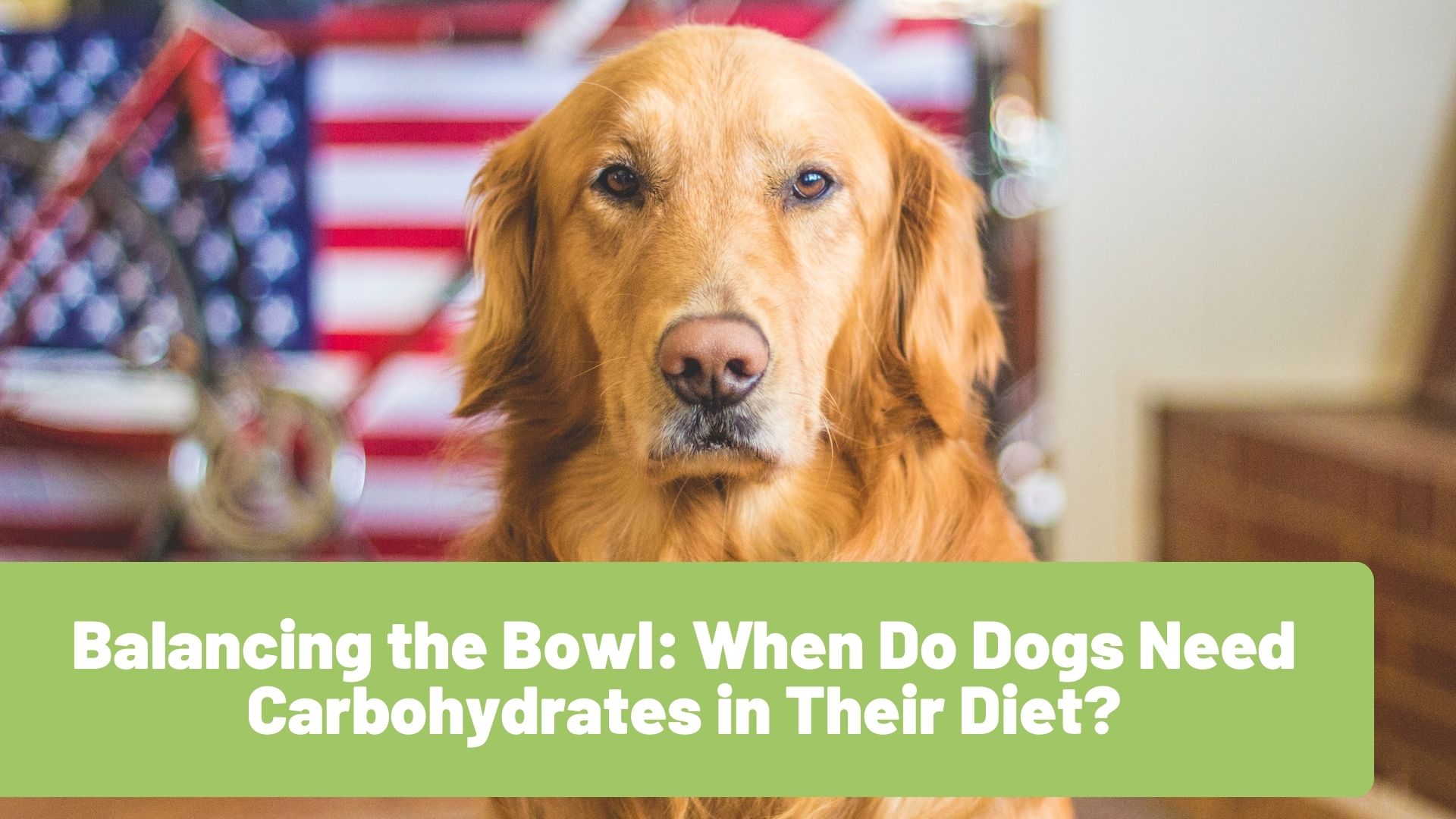When it comes to feeding our furry friends, there’s no shortage of debate and confusion about what constitutes a balanced diet for dogs. One of the most contentious topics is the inclusion of carbohydrates in their meals. Should you be filling your dog’s bowl with carbs, or is a low-carb, high-protein diet the way to go? Let’s explore the role of carbohydrates in a dog’s diet and when they might be beneficial.
The Basics of Dog Nutrition
Before diving into carbohydrates, it’s essential to understand the basic nutritional needs of dogs. Dogs, like humans, require a combination of macronutrients: proteins, fats, and carbohydrates, along with essential vitamins and minerals. Each of these components plays a unique role in maintaining your dog’s health and well-being.

Proteins: These are the building blocks of life and are crucial for muscle growth, repair, and overall body function. Dogs are omnivores and can obtain protein from both animal and plant sources.
Fats: Fats provide a concentrated source of energy and are essential for various bodily functions, including the absorption of fat-soluble vitamins. Healthy fats support skin and coat health.
Carbohydrates: Carbohydrates are the body’s primary source of energy. While dogs don’t require carbs in the same way humans do, they can still benefit from them in moderate amounts.
Dogs and Carbohydrates
Contrary to popular belief, dogs are not obligate carnivores like cats. They have evolved alongside humans for thousands of years, which has allowed them to adapt to a more varied diet. While they can thrive on a diet rich in animal-based proteins, they also have the ability to digest and utilize carbohydrates.
Carbohydrates come from various sources, including grains (such as rice, wheat, and oats), vegetables (like sweet potatoes and peas), and legumes (like lentils and beans). When included in a dog’s diet in appropriate amounts, carbohydrates can offer several advantages:

Energy Source: Carbohydrates provide dogs with a readily available source of energy. This is especially important for active dogs and working breeds that require sustained stamina.
Fiber: Carbohydrates also contain dietary fiber, which aids in digestion and helps regulate bowel movements. Fiber can be particularly beneficial for dogs with sensitive stomachs or digestive issues.
Weight Management: Carbohydrates can be used strategically to manage a dog’s weight. High-fiber, low-calorie carbohydrates can help dogs feel full without adding excess calories.
Stable Blood Sugar: Including carbohydrates in meals can help stabilize blood sugar levels, preventing spikes and crashes that may occur with a high-protein diet.
When Do Dogs Need More Carbs?
While dogs can benefit from carbohydrates, the amount they require varies based on several factors:
Activity Level: Highly active dogs, such as working dogs and agility athletes, may need more carbohydrates to sustain their energy levels during exercise.
Age: Puppies have different nutritional needs than adult or senior dogs. Growing puppies may benefit from a diet that includes slightly more carbohydrates to support their rapid growth.
Health Conditions: Some dogs may have specific health conditions, such as diabetes or certain allergies, where a carefully managed carbohydrate intake is crucial.
Weight Management: If your dog is overweight or prone to obesity, carbohydrates can be strategically included in a weight management plan.
Digestive Sensitivity: Dogs with sensitive stomachs may require easily digestible carbohydrates, like rice or sweet potatoes, to minimize digestive upset.
Finding the Right Balance

Balancing your dog’s diet is not a one-size-fits-all approach. It’s crucial to consult with your veterinarian to determine the ideal balance of macronutrients for your specific dog. Your vet can consider your dog’s age, activity level, health status, and any dietary sensitivities when creating a personalized nutrition plan.
Carbohydrates can be a valuable part of a dog’s diet when used appropriately. While dogs are primarily carnivores, their ability to digest and derive energy from carbohydrates allows for dietary flexibility. As responsible pet owners, it’s our duty to ensure that our furry companions receive a well-rounded and balanced diet that meets their unique nutritional needs. Remember, when it comes to your dog’s health, it’s all about finding the right balance in the bowl. Get updated knowledge on how to feed raw, discounts, coupons, and holistic rearing at www.RawOrigins.pet.

